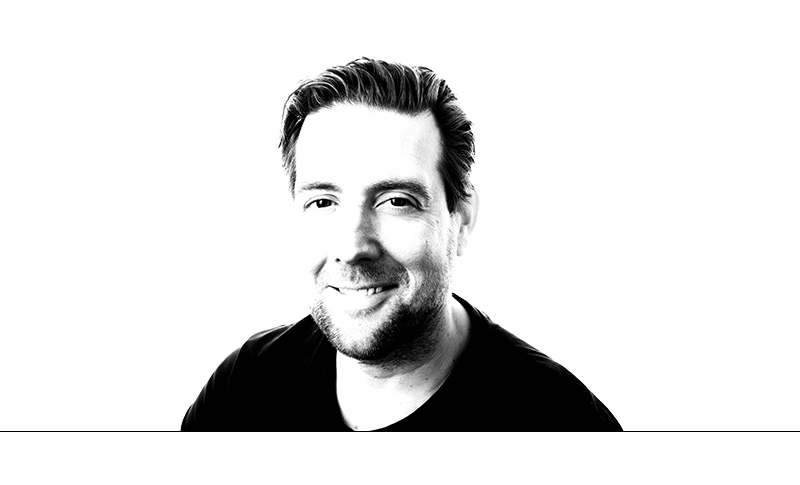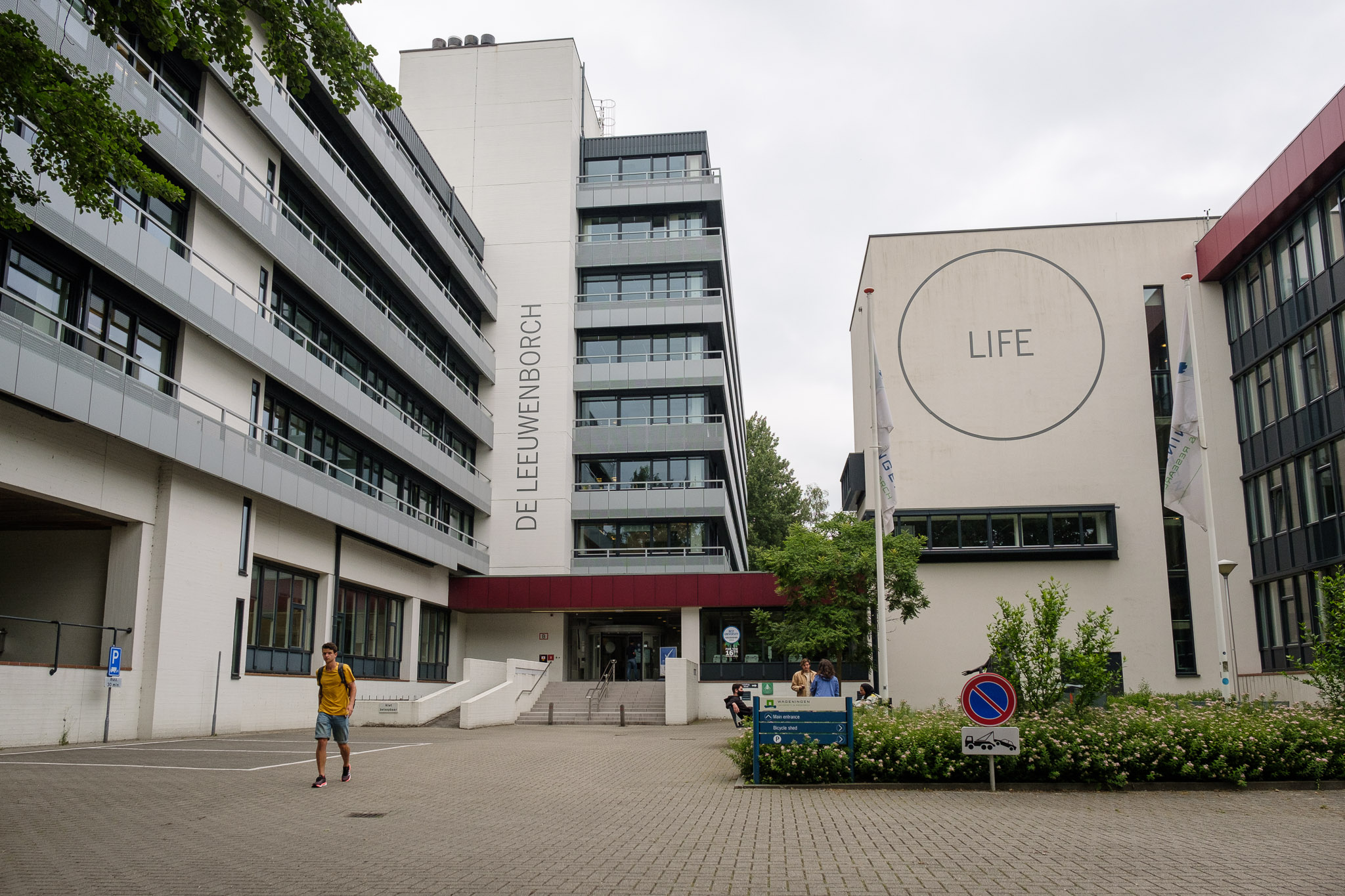The end of the year has been marked by ups and downs. The election result means we will be losing the person who I think has been our best ever Education minister. On the other hand, WUR has come out top again among Dutch universities for the 19th time.
Today, a Resource article caught my eye with an interesting perspective. ‘Petition protesting expensive WUR canteen.
Sometimes I get the feeling that our amazingly inclusive campus is slightly less inclusive for campus residents on the right of the political spectrum
Young Communists are objecting to the expensive food in the canteens on campus.’ That’s a surprise: you take ‘healthy, sustainable and inclusive’ as the priority themes of your Food & Beverage policy and it turns out the costs of said food and beverages rise as a result.
Communists doling out advice on the food supply is interesting in its own right, but of course Wageningen doesn’t teach history.
Perhaps I shouldn’t be sounding off about this; after all, my own crowdfunding effort for a car park under Omnia got no support, so I’m doing way worse than the Communists’ canteen petition. Perhaps not so surprising though, because if we go back to the election result, it shows the Wageningen bubble has its own political reality.
The lack of explicit support for cars on campus, the Communist lunch and the election result in Wageningen all give me the feeling that our amazingly inclusive campus is slightly less inclusive for campus residents on the right of the political spectrum.
The Wageningen bubble has its own political reality
That is why I would like to end this column by wishing you all the best for the new year and listing a few apolitical facts that might not have penetrated the Wageningen bubble but are worth noting for a more inclusive worldview:
- WU gets direct government funding for education and research to the tune of 269.8 million euros (WUR annual report);
- All of this government funding comes from taxes (obviously);
- Multinationals account for 40 per cent of the jobs in the Dutch private sector, and two-thirds of private-sector revenue (Statistics Netherlands);
- The top 10 per cent of Dutch earners earn 32 per cent of the total income and pay 36 per cent tax. The bottom 50 per cent earn 19 per cent of the total income and receive allowances equal to 129 per cent of their income (Statistics Netherlands).
I wish WUR a fine 2024, in which our biggest problems are the price of a bowl of soup and the cars (including those of multinationals) on campus. May we once again spend a year doing pioneering research at the Netherlands’s best university!
Guido Camps (39) is a vet and researcher at Human Nutrition and OnePlanet. He enjoys baking, beekeeping and unusual animals.

 Text Guido Camps
Text Guido Camps ![[Seriously?] The Gulf of WUR](https://www.resource-online.nl/app/uploads/2025/02/WEB_DeNeus.png)

